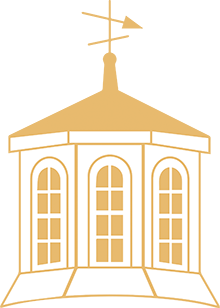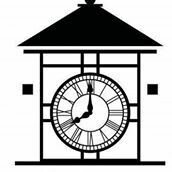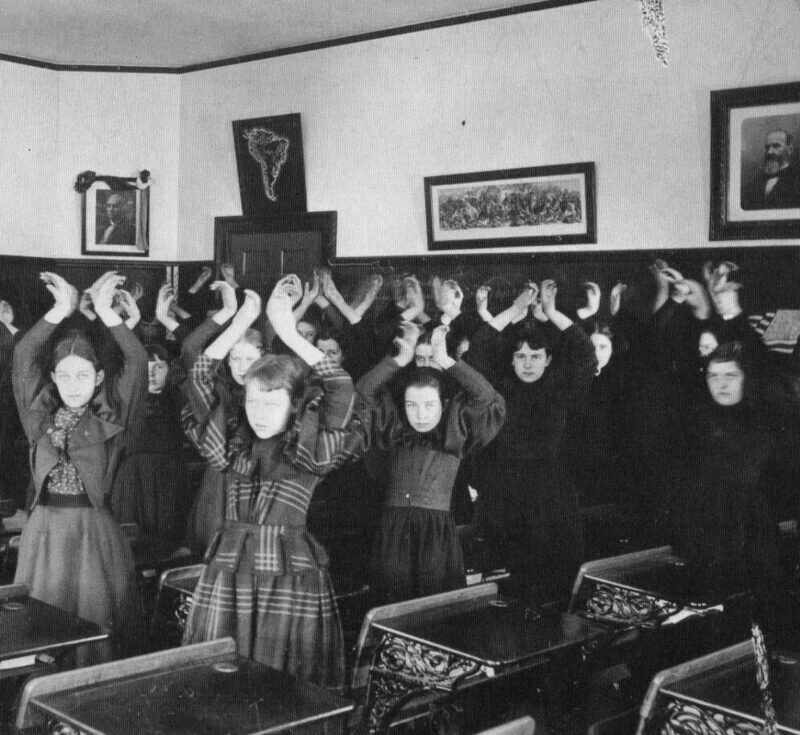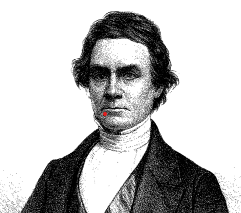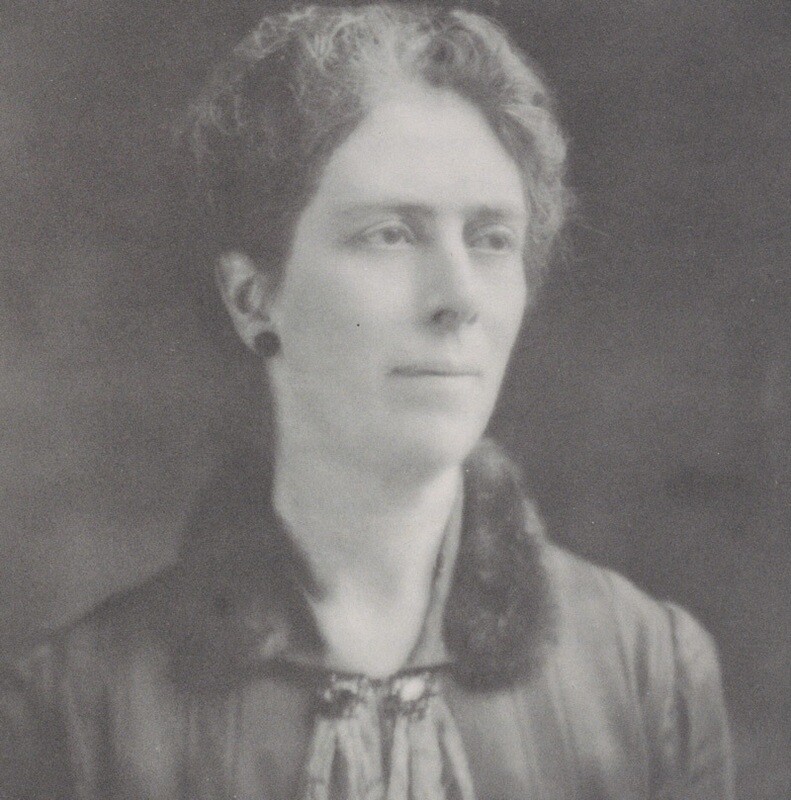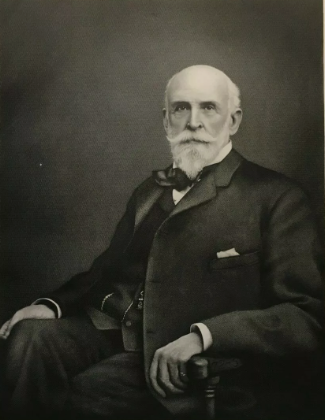 We invite you to join the Concord Historical Society
We invite you to join the Concord Historical Society
and be a part of our activities in the years to come.
Our activities have included:
- Publication of “Crosscurrents of Change, Concord NH in the Twentieth Century“
- Recording (audio and video) of oral histories for our archives with long-time Concord residents
- Assembled and buried the 2015 time capsule to be opened in 2065
- Actively involved in efforts to save the historic Concord Gas Holder
Be a part of the Society’s future
as we work to honor and preserve Concord’s heritage!
If you would like a member of the board of directors to contact you to discuss
the Society’s activities and explore ways in which you can become more involved,
please contact us by clicking here.
Be a Concord Historian
Join the Concord Historical Society Today
To join, please download this form and mail it to us.
Or, you can do it online below.
You will be redirected to PayPal to make your payment
using a credit card or a PayPal account.
All Memberships are yearly
The Concord Historical Society thanks you for your support!

